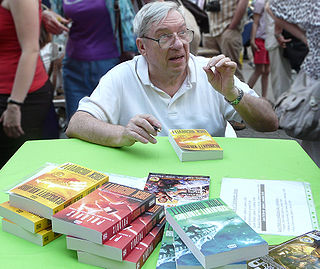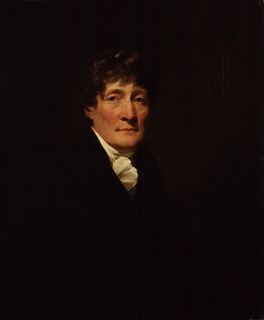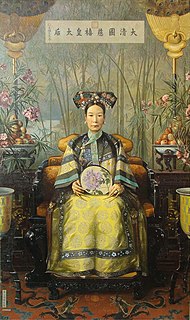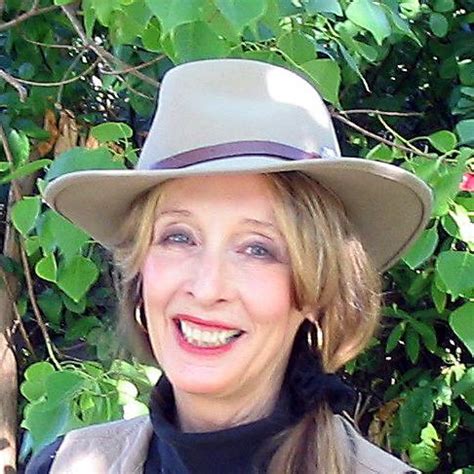A Quote by Friedrich Nietzsche
We would not let ourselves be burned to death for our opinions: we are not sure enough of them for that.
Related Quotes
I never have held death in contempt, though in the course of my explorations I have oftentimes felt that to meet one's fate on a noble mountain, or in the heart of a glacier, would be blessed as compared with death from disease, or from some shabby lowland accident. But the best death, quick and crystal-pure, set so glaringly open before us, is hard enough to face, even though we feel gratefully sure that we have already had happiness enough for a dozen lives.
Everybody has opinions: I have them, you have them. And we are all told from the moment we open our eyes, that everyone is entitled to his or her opinion. Well, that's horsepuckey, of course. We are not entitled to our opinions; we are entitled to our informed opinions. Without research, without background, without understanding, it's nothing. It's just bibble-babble. It's like a fart in a wind tunnel, folks.
We read our mail and counted up our missions In bombers named for girls, we burned The cities we had learned about in school Till our lives wore out; our bodies lay among The people we had killed and never seen. When we lasted long enough they gave us medals; When we died they said, "Our casualties were low." They said, "Here are the maps"; we burned the cities.
It is difficult to see ourselves as we are. Sometimes we are fortunate enough to have good friends, lovers or others who will do us the good service of telling us the truth about ourselves. When we don't, we can so easily delude ourselves, lose a sense of truth about ourselves, and our conscience loses power and purpose. Mostly, we tell ourselves what we would like to hear. We lose our way.
... how have I used rivers, how have I used wars
to escape writing of the worst thing of all--
not the crimes of other, not even our own death,
but the failure to want our freedom passionately enough
so that blighted elms, sick rivers, massacres would seem
mere emblems of that desecration of ourselves?
We do the same thing in our own lives, embracing information that supports what we already prefer or vindicates choices we previously made.After all, it feels better to justify our opinions rather than challenge them, to contemplate only the pros and relegate the cons to the back of our minds. However, if we want to make the most of choice, we have to be willing to make ourselves uncomfortable. The question is, if we are willing, how exactly do we go about fortifying ourselves against these biases?
Let us simmer over our incalculable cauldron, our enthralling confusion, our hotchpotch of impulses, our perpetual miracle - for the soul throws up wonders every second. Movement and change are the essence of our being; rigidity is death; conformity is death; let us say what comes into our heads, repeat ourselves, contradict ourselves, fling out the wildest nonsense, and follow the most fantastic fancies without caring what the world does or thinks or says. For nothing matters except life.
But what of the voice and judgment of conscience? The difficulty is that we have a conscience behind our conscience, an intellectual one behind the moral. ... We can see quite well that our opinions of what is noble and good, our moral valuations, are powerful levers where action is concerned; but we must begin by refining these opinions and independently creating for ourselves new tables of values.
If Christianity were true religious persecution would become a pious and charitable duty: if God designs to punish men for their opinions it would be an act of mercy to mankind to extinguish such opinions. By burning the bodies of those who diffuse them many souls would be saved that would otherwise be lost, and so there would be an economy of torment in the long run. It is therefore not surprising that enthusiasts should be intolerant.










































